
Though intestinal gas is a natural part of digestion, we all find it unpleasant when our pet passes gas. If your pet has gas frequently and has diarrhea, weight loss or blood in their stool, they may have a digestive tract problem and you need to consult your vet. Even though some gas is normal holistic vets believe that too much gas can indicate a problem with your pet's diet or overall health.
Here some natural ways holistic vets recommend to help rid your pet of gas:
Walk your dog - Hard to believe that walking is a remedy for dog gas but exercise helps push gas out of the intestine and more gas will be released if your pet does their business on the walk.
Soybean content in food - Soybeans make up to 25% of some pet foods. Though soy beans have a lot of protein it is difficult for some pets to digest. Try a food with less or no soy and see if the change in diet doesn't help. Switch brands slowly. Vets say it takes some time for the digestive system to adjust to a new diet. Take three days to switch by substituting one third of the new food for one-third of the old each day.
Keep trash can tightly covered - Dogs who frequently raid trash cans tend to have more gas so make sure your trash can is secure.
Feed your pet the right amount of food - Overeating can overload the digestive system so foods end up fermenting that would normally pass through their colon quickly and as a result your pet will have more gas. If you have been overfeeding your pet this remedy for dog gas will save you money.
Try yogurt or an acidophilus supplement - Many yogurts contain digestion-friendly bacteria also known as probiotics that can help decrease flatulence. Vets recommend giving 1/4 teaspoon of plain yogurt to cats and small dogs, 1 teaspoon to do 15 to 20 pounds and 1 tablespoon for large dogs. Most pets don't have a problem with the taste, so you can just add it to their regular meal. If you pet can not tolerate yogurt, you can try acidophilus supplements instead to get more good bacteria into their system. Give pets over 15 pounds the human dose and smaller pets can take half the human dose.
Try activated charcoal - For small pets add 1/8 to 1/4 teaspoon to their food daily. For larger pets, 1/2 teaspoon is about right. Be aware activated charcoal can absorb nutrients as well as gas from the digestive tract. Don't use it for more than a few days at a time.
Try a natural anti-gas product - Many vets recommend giving pets digestive enzymes on a daily basis because pets experience the same kinds of environmental factors that cause humans to have digestive problems. You can also give your pet an herbal product specifically formulated for dogs and cats which will soothe and support the stomach lining, esophagus, and entire digestive tract. This is a remedy for dog gas and a preventative measure.
Reduce mealtime competition - If your pets are fed together, they may eat too quickly because they are afraid the other animal will eat their food. Eating quickly causes your dog/cat to take in too much air causing excess gas. Feeding your pets separately will eliminate the anxiety and encourage them to eat more slowly. Make your pet eat more slowly.Place a large object - like a ball- in your pet's bowl. Your dog or cat has to move it around to get to their food and it slows down their eating process.
Raise the food dish - If your dog does not have to bend their neck so far down they will swallow less air. You can buy or make a stand to hold their water and food bowl or you can find a way to secure the bowl on a raised surface. A skid proof footstool is an easy way to raise the food dish and keep it secure.
Sometimes gas can be caused by an upset tummy. To find out how to soothe your pets upset stomach use natural remedies see our post on Remedies for Dog Gas at our site Naturesway4Pets
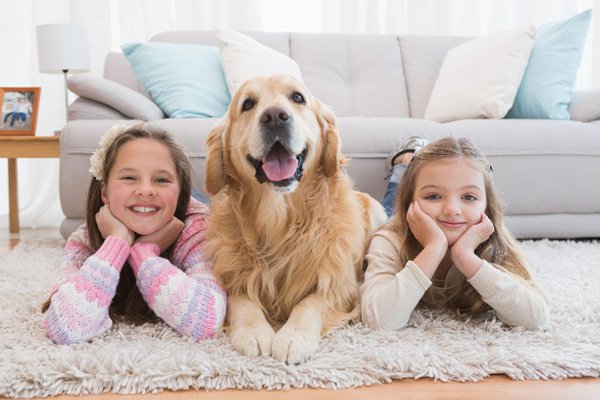 How do you know if your dog or cat has allergy problem? Here are signs
How do you know if your dog or cat has allergy problem? Here are signs
 Something Smells Funny – How Your Family Pet is Destroying Your Home
Something Smells Funny – How Your Family Pet is Destroying Your Home
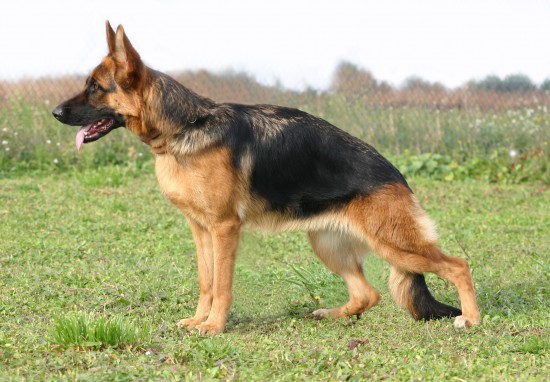 Health Issues Commonly Seen In German Shepherds
Health Issues Commonly Seen In German Shepherds
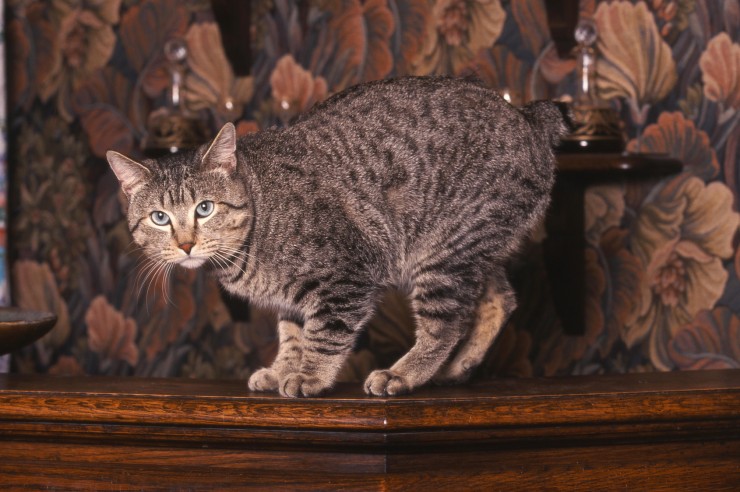 All About The Cute Pixie-bob Cat
All About The Cute Pixie-bob Cat
 Some Frequently Asked Questions About Bladder Stones In The Dog
Some Frequently Asked Questions About Bladder Stones In The Dog
 Problems With Loading And Transporting Your Horse
Problems With Loading And Transporting Your Horse
 The Top Five Most Commonly Overlooked Health Problems In Cats
The Top Five Most
The Top Five Most Commonly Overlooked Health Problems In Cats
The Top Five Most
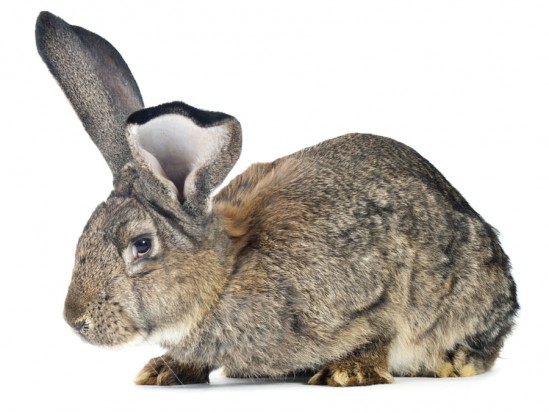 Giant Rabbits - The Next Big Thing?
Giant Rabbits - T
Giant Rabbits - The Next Big Thing?
Giant Rabbits - T
 Common Emergencies You May Have To Deal With In An Older Cat
Common Emergencie
Common Emergencies You May Have To Deal With In An Older Cat
Common Emergencie
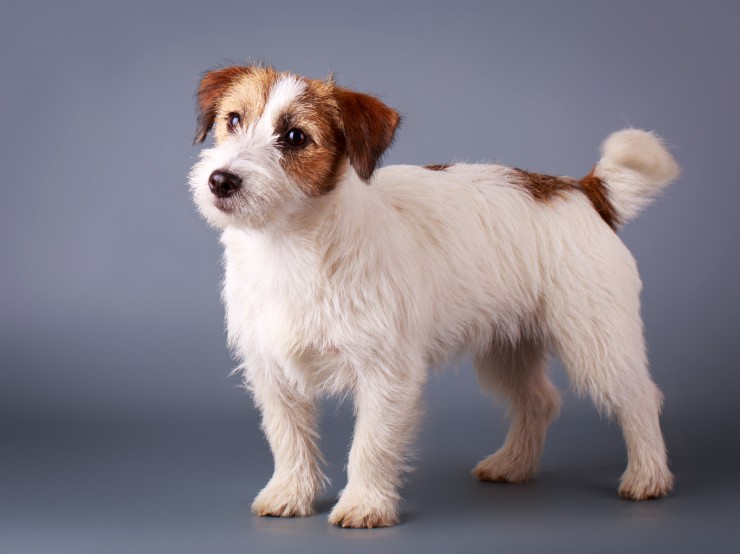 Five Universal Personality Traits Of The Jack Russell Terrier
Five Universal Pe
Five Universal Personality Traits Of The Jack Russell Terrier
Five Universal Pe
 Responsible Breeding - Some Common-sense Guidelines For Both Breeders And Puppy Buyers
Responsible Breed
Responsible Breeding - Some Common-sense Guidelines For Both Breeders And Puppy Buyers
Responsible Breed
Copyright © 2005-2016 Pet Information All Rights Reserved
Contact us: www162date@outlook.com